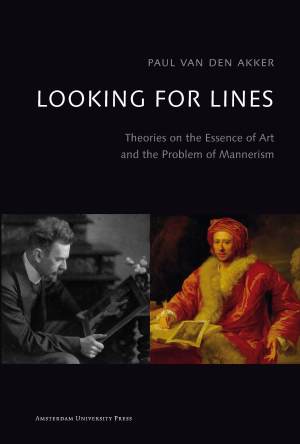Studies of Old Masters are often implicitly based on modern notions, which do not necessarily tally with ideas contemporary with their art. According to one such tacit assumption a work of art gains its status from the quality of the abstract pictorial composition made up of lines and colours. Whether discussing a medieval altarpiece, or a fresco by Raphael, it is customary to relate its artistic value to the abstract formal language into which the figures or narratives are translated, and not to the power of the visual illusion which is conjured up by the work of art.
Referring to the ideas of art historians, critics and philosophers including Hogarth, Caylus, Goethe, Schnaase, Burckhardt, Wölfflin and Shearman, this theoretically revolutionary study questions the historical validity of this view by tracking down its origins back to the eighteenth century and then following its evolution up to the present day. Paying particular attention to the historiography of Mannerism, it scrutinises the influence that this view has had on aesthetic judgments over the past three centuries. A perfect companion for anyone engaged with aesthetics, this book offers a valuable contribution to the discussion surrounding the principles and values in art history.

